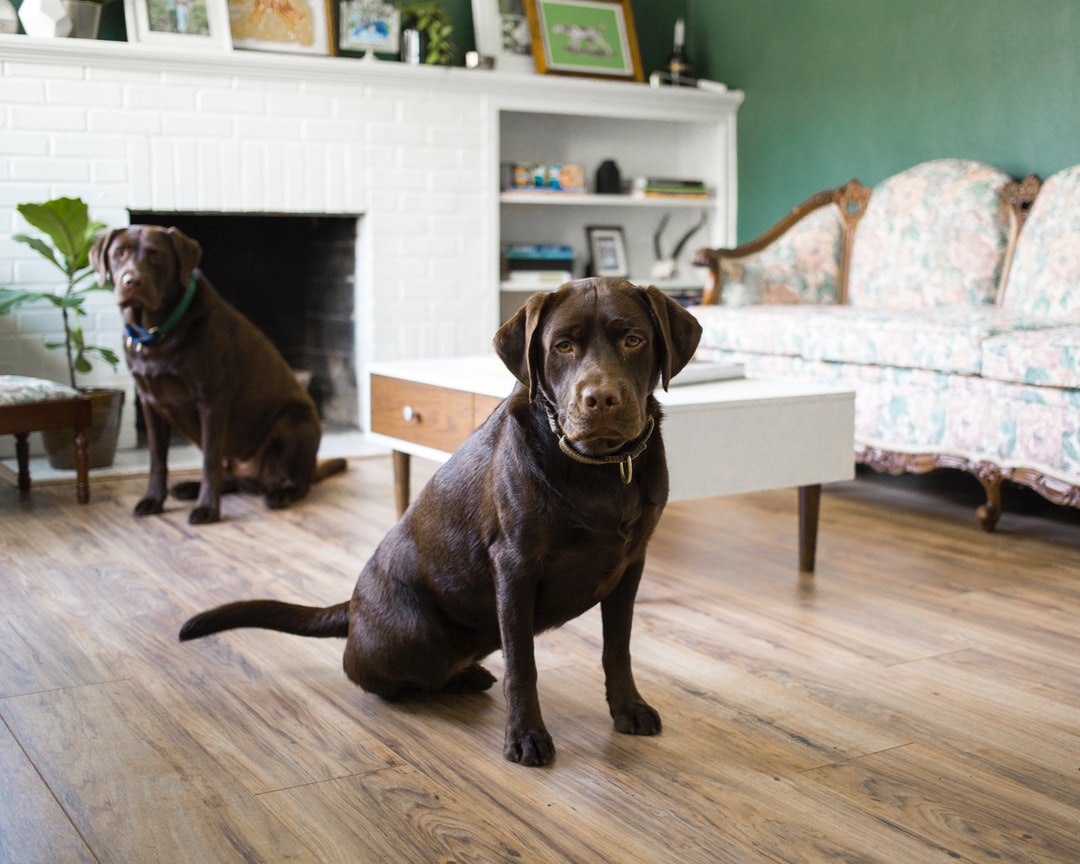Most pet parents would rule out rental properties that don't allow pets. But are landlords right to refuse tenants with pets in a nation of animal lovers?
Seventy percent of US renters own a pet. This means that landlords who don't allow pets in a rental property are slashing their potential customer base by a considerable amount. And, while the potential damage that pets could do is a concern, there are advantages to renting to pet owners.
To help you decide what to do, here are the pros and cons of allowing pets in your rental property.
The Pros of Allowing Pets
Here are some of the advantages you can expect if you allow pets in your rental property:
Larger Pool of Applicants
Listing that you support animals in your rental package means you'll attract more applicants. It should then be easier to find the perfect fit since you'll have more potential tenants to choose from.
More Money
Many landlords who rent to pet owners command a higher rent, charge pet rent, or insist on non-refundable pet fees. For pet parents, these fees are preferable to having to give up their fur babies.
Responsible Tenants
Being a good landlord requires an excellent screening system, but screening out tenants with pets could be a big mistake. Many landlords who rent to pet owners find that they treat their homes with the same high level of care as they do their pets.
Longer Tenure
Settling into a property with a pet makes it feel more like home. Plus, pet owners will be eager to renew since this means they won't have to find another pet-friendly home or move with a pet in tow.
The Cons of Allowing Pets
Despite the advantages of allowing pets in your property, there are some negatives to consider:
Property Damage
The property damage that pets can do is a prime concern when you manage rentals. Problematic behaviors that can cost a lot to fix include chewed wood, scratches, destroyed landscaping, and urine stains.
Noise Complaints
Excessive barking is especially disruptive in an apartment building. We'd recommend asking the previous landlords of any prospective tenants with dogs if any neighbors complained about barking noises.
Allergens and Odors
Allergens and pet-related odors can spread through AC ducts and affect communal areas. Since making your property pet-friendly can affect other tenants, you'll need to check with them first.
Responsibility for Injuries
As the owner of the property, you could be held responsible for any injuries that your tenant's pets cause, including dog bites. Make sure that the renter's insurance you contract covers these kinds of possibilities.
Deciding Whether to Allow Pets in a Rental Property
As this round-up shows, deciding whether to allow pets in a rental property or not involves weighing up a lot of pros and cons.
What's more, if you do decide to allow pets, you might want to limit the number of pets per property, impose size restrictions, or screen out tenants with certain dog breeds.
Certainly, there's a lot to think about when renting your property in Ocala, FL, whether you decide to make it pet-friendly or not. For more information on how our property management services could help you, contact us here at RE/MAX Premier Realty.



